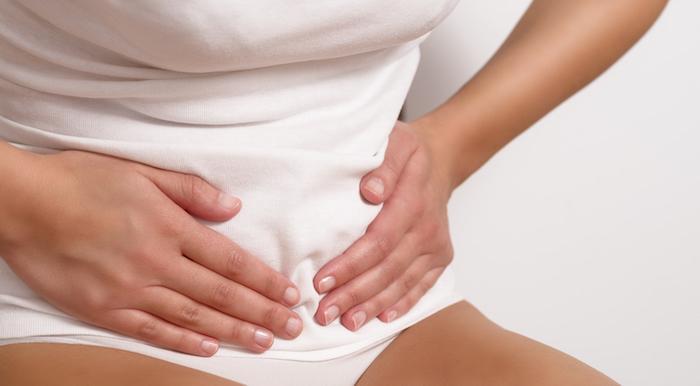
Do Uterine Fibroids Lead to Cancer?
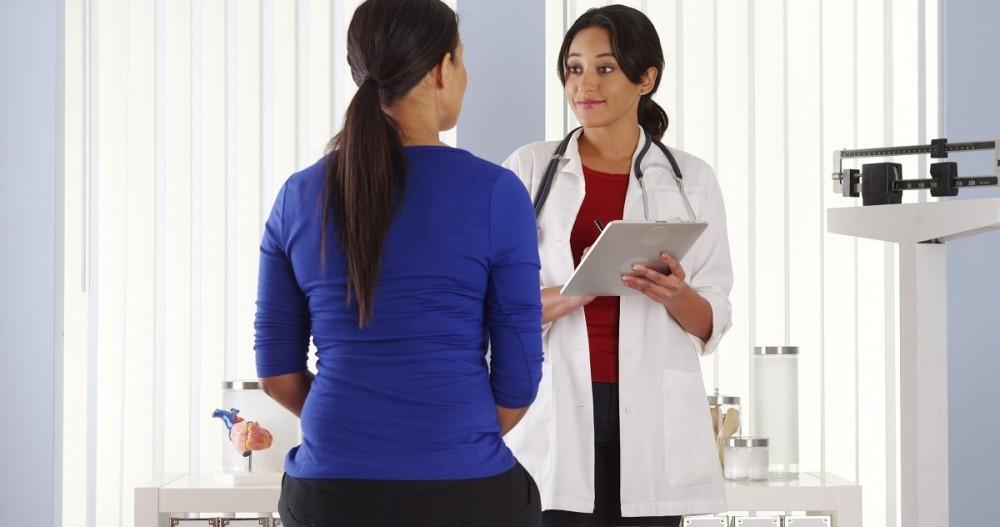
If you’ve been told you have uterine fibroids, you’re in good company. About 70% of women get diagnosed with these benign tumors during their lifetime.
Uterine fibroids are noncancerous, muscular tumors that develop in, on, or below the uterine wall or lining of the uterus. Rarely do they grow outside the womb completely. They range in size from very small to as large as a melon.
The board-certified interventional radiologists at Alate Health in Houston, Texas specialize in diagnosing and treating uterine fibroids of all sizes. Many of our patients worry that being diagnosed with fibroids means they’re at higher risk of developing cancer. We want to set the record straight.
Take a moment to get the facts on uterine fibroids, cancer, and the different treatments available to help.
Recognizing the signs of fibroids
Many women with fibroids don’t have symptoms and only learn they have the condition during a routine checkup. For other women, the symptoms are only mild and don’t interfere with their quality of life.
Some women, however, have significant and problematic symptoms that make getting through the day a challenge. These symptoms vary depending on where the tumor grows, how many fibroids you have, and other factors, like age, overall health, and more.
Some of the most common uterine fibroid symptoms include:
- Chronic pelvic pain
- Low back pain or pressure
- Incontinence and frequent urination
- Very painful periods with cramps
- Abnormal bleeding or spotting
- Periods with large clots
- Pain during or after sex
- Pressure or abdominal bloating
- Gastrointestinal symptoms (e.g., trouble moving your bowels)
Since many other conditions can cause similar symptoms, it’s always important to talk to your provider.
Uterine fibroids don’t lead to cancer
Many women worry that having uterine fibroids, which are noncancerous tumors, increases their risk of developing cancer. This simply isn’t true. Many studies have shown again and again the two conditions aren’t linked.
If you’re still concerned by your symptoms, it might be comforting to know that while uterine fibroids are common, for most women, the risk of developing cancer is much lower:
- Lifetime risk for ovarian cancer: < 2%
- Lifetime risk for uterine cancer: ~ 3%
- Lifetime risk for endometrial cancer: < 3%
However, these life-threatening conditions can present with many of the same symptoms as uterine fibroids. Make sure to schedule an exam with your provider if you have any of the signs listed in the first section, since early detection and treatment of cancer means a better prognosis.
Fibroids can cause health issues
Although fibroids aren’t linked to cancer, that doesn’t mean they’re totally harmless. Here’s a look at some of the health issues untreated fibroids can cause:
- Infertility, with 5-10% of women struggling with fertility being found to have fibroids
- Complications during pregnancy, as fibroids increase the risk of many complications, including placental abruption, low birth weight, and increased risk of abnormal labor or delivery
- Kidney damage, since fibroids can put pressure on your ureter and bladder, leading to damage to the kidneys
- Anxiety, depression, and other mental health conditions because of the toll the symptoms can take on your quality of life
- Anemia, due to the heavy bleeding fibroids can cause
Fortunately, if you treat your uterine fibroids early, before they grow too big, you can avoid many health issues caused by uterine fibroids.
Treating uterine fibroids
The good news is that effective treatments exist to manage your fibroid symptoms and even remove the tumors. These range from prescription medications to minimally invasive procedures to surgeries.
At Alate Health, our providers offer a safe and effective alternative to surgery: uterine fibroid embolization (UFE). This nonsurgical procedure blocks the blood supplying the fibroids, causing them to shrink. After UFE, the vast majority of women experience significant improvement in their symptoms.
UFE is an outpatient procedure, and the entire treatment only takes about an hour and a half. Your provider makes a small incision, then uses a catheter to place tiny blocking particles in the blood vessel serving the fibroid.
Learn more about uterine fibroids and the treatments available by scheduling an appointment online or over the phone at Alate Health in Houston, Texas.
You Might Also Enjoy...

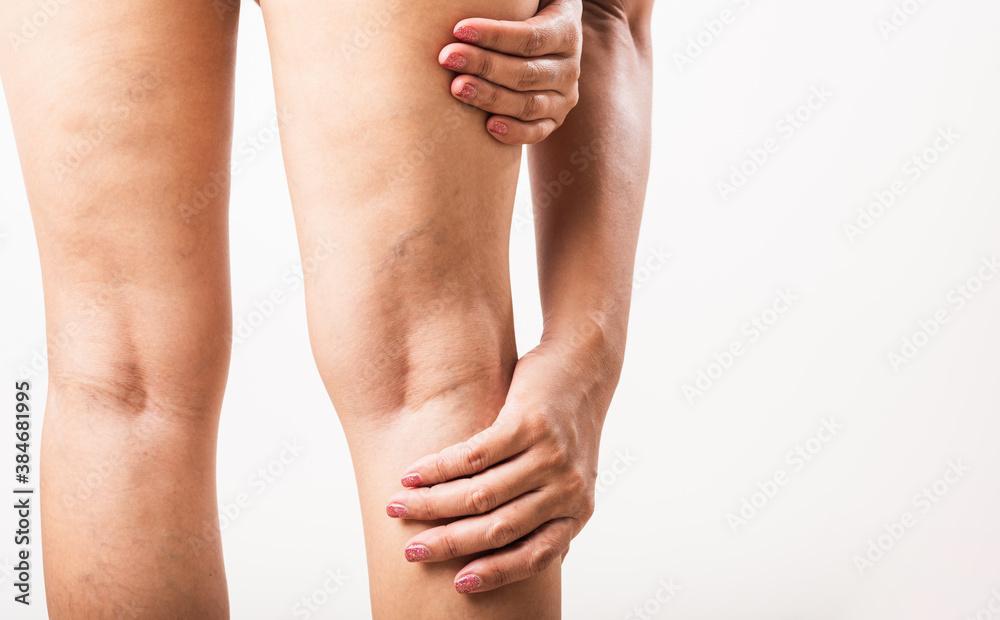
I'm Nervous About My Upcoming VenaSealTM Procedure

Telehealth: The Advantages of Telemedicine
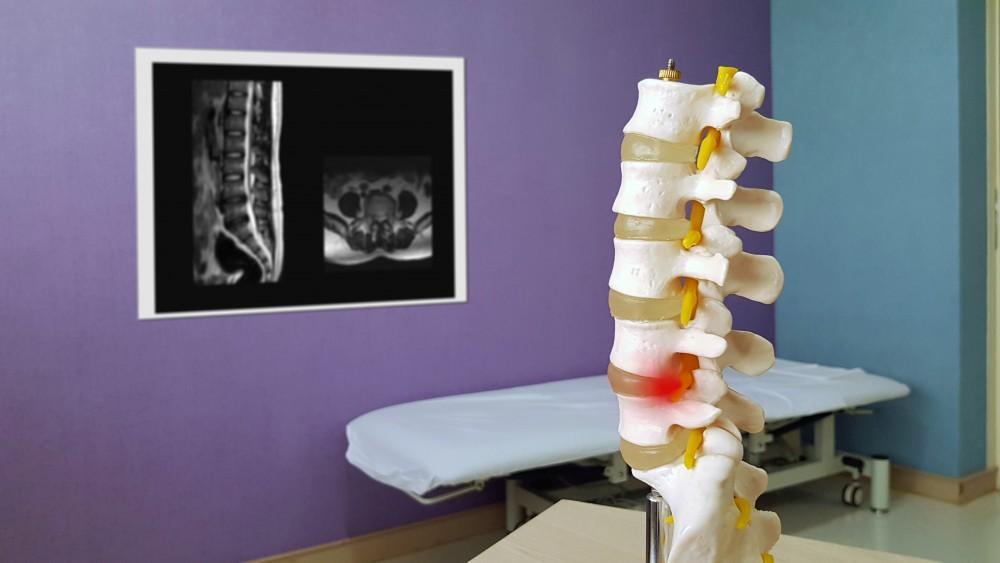
What Caused My Spinal Stenosis?
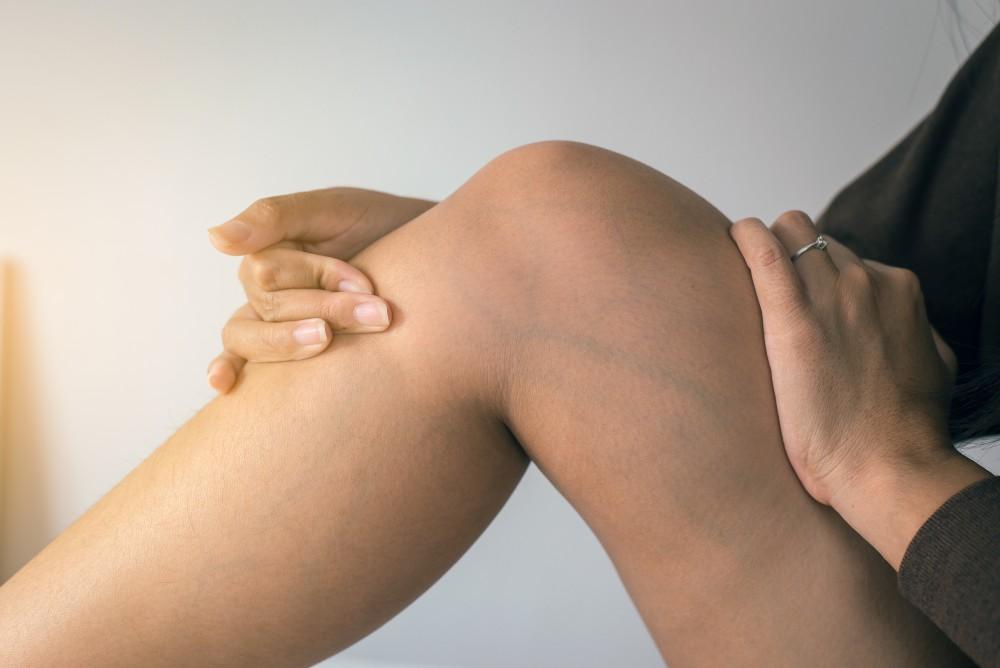
I'm Embarrassed About My Varicose Veins
